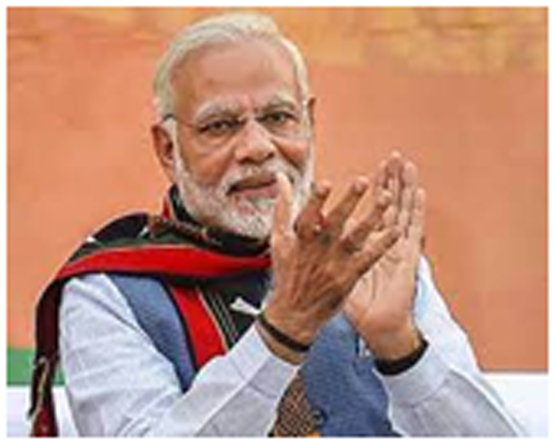
Online Desk: Hans Morgenthau’s Politics Among Nations: The Struggle for Power and Peace is a book on political science published in 1948. The author has outlined six principles of political realism in this book. It is interesting to see Prime Minister Narendra Modi’s actions and Indian state behaviour against Pakistan in view of these principles. The six principles are: 1) politics like society in general is governed by objective laws that have roots in human nature; 2) a statesman sees certain problems of foreign policy under certain circumstances; 3) key concept of interest defined as power is an objective category and is universally valid; 4) universal moral principles cannot be applied to actions of the state; 5) political realism refuses to identify the moral aspirations of a particular nation with the moral laws that govern the world; and 6) there is a profound difference of policymaking in different schools of thought.
I would like to start with the last principle. The nature of a man, the nature of society, and the nature of the politics all three combine to produce a typical school of thought and the consequential nature of the state behaviour which aims at the realisation of any evil or good. In this context, it is important to correctly understand the motives and ideological preferences of the man, PM Modi of India, who drives the process of policymaking. If, through his actions, he represents illiberalism, autocracy, nationalism, protectionism and territorial revisionism, then he represents the dark force of regional politics that seeks war and not peace.
To view the Indian state behaviour in light of the 5th principle of political realism is to see how India under the Modi-led government has deprived the people of occupied Kashmir of justice, freedom, equality, dignity and security – which are some of the moral laws that are universally applicable and govern the world.
The 4th principle of political realism speaks of the universal moral principles such as honesty, respect for life, justice, fairness, compassion, empathy and forgiveness. It’s not just India but its partner and ally Israel that practices this principle of political realism and considers that these universal moral principles cannot be applied to the actions of their states.
The third principle of realism, which identifies with interests being defined as power, showcases Indian political realism being practiced under the dark shadows of the Modi-led government for over a decade now. When history is written, the chronicles of this short war between India and Pakistan will buzz with PM Modi’s motives, ideological preference and appetite for resorting to violence for his own political gains.
It is not the question of who dominates — hawks or doves — in the Indian policymaking circle, but the real question is the rationality of Indian policymaking. Rational minds will have to come to the forefront and comprehend the Indian foreign policy towards Pakistan, minus the policy being overshadowed by the Indian PM’s personal motives, ideological preferences and anti-Pakistan biases.
Sane minds in India must distinguish between the Indian PM’s official duty and his wish in analysing what is desirable and what is truly possible under the concrete circumstances of availability of tremendous military capability being showcased by both sides, including military platforms that demonstrate destructive powers with nuclear armed warheads.





